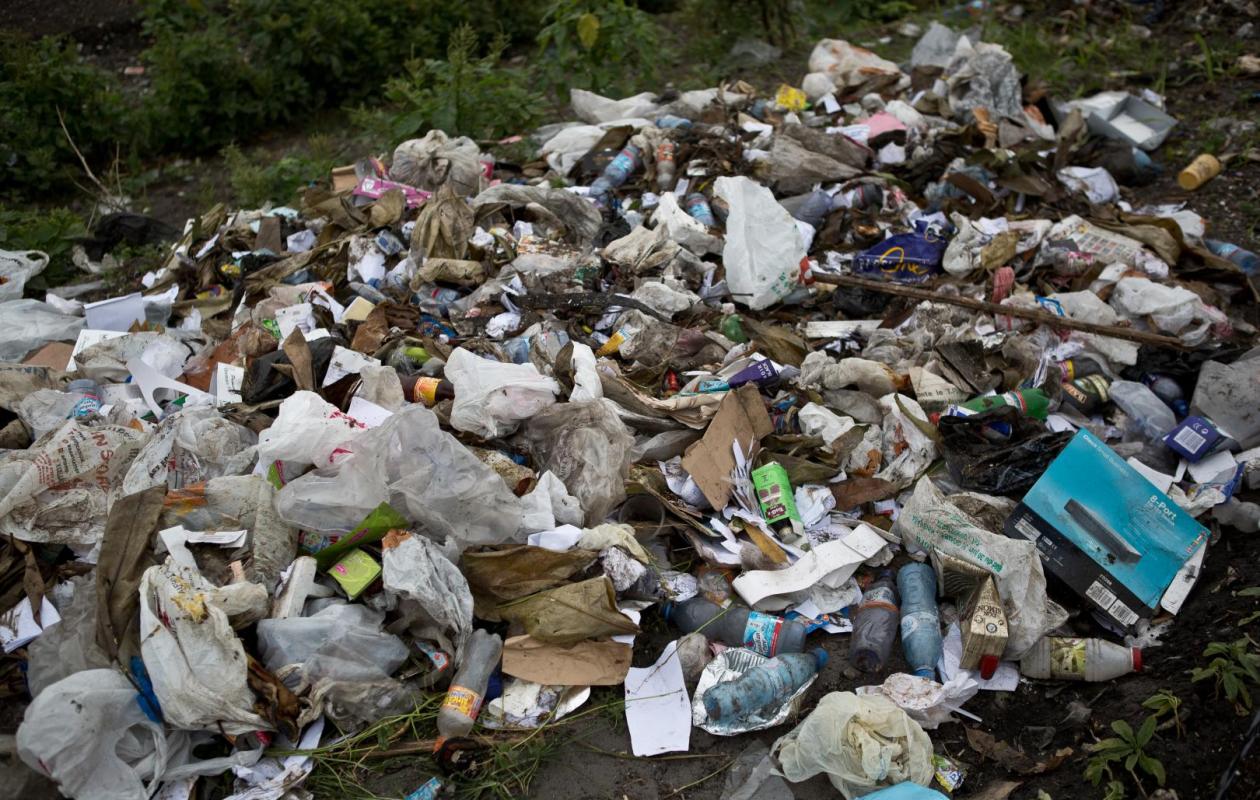
Déchets plastiques : l’Afrique face à l’urgence d’une réponse structurelle
Each year, the African continent produces nearly 19 million tons of plastic waste, but barely 12% is recycled. The rest accumulates in the open air, in streets, canals, and coastal areas. In cities like Lagos, Nairobi, and Dakar, plastic no longer just pollutes; it's reshaping urban landscapes, suffocating soils, and weakening ecosystems.
Laws banning certain single-use plastics exist in some forty African countries. But their implementation remains largely flawed. With weak enforcement capacity, informal distribution, and costly alternatives for retailers, the regulatory framework is struggling to translate into concrete action. Added to this is the lack of collection and processing infrastructure commensurate with the volume generated.
Yet, a few local initiatives are attempting to make a difference. Startups are developing small-scale recycling solutions, some companies are exploring the transformation of plastic waste into construction materials, and citizen collection campaigns are multiplying. But these efforts, while promising, remain isolated and insufficient given the scale of the challenge.
The real turning point remains political and structural. It requires reforming the production and consumption chain, massive support for local innovation, and regional cooperation on waste management. Without a coordinated strategy, Africa risks becoming the unwitting dumping ground for a globalized system of overconsumption. Combating plastic pollution can no longer be a simple environmental issue; it has become a prerequisite for urban sustainability and social justice.
Commentaires (0)
Participer à la Discussion
Règles de la communauté :
💡 Astuce : Utilisez des emojis depuis votre téléphone ou le module emoji ci-dessous. Cliquez sur GIF pour ajouter un GIF animé. Collez un lien X/Twitter ou TikTok pour l'afficher automatiquement.